Quick Links
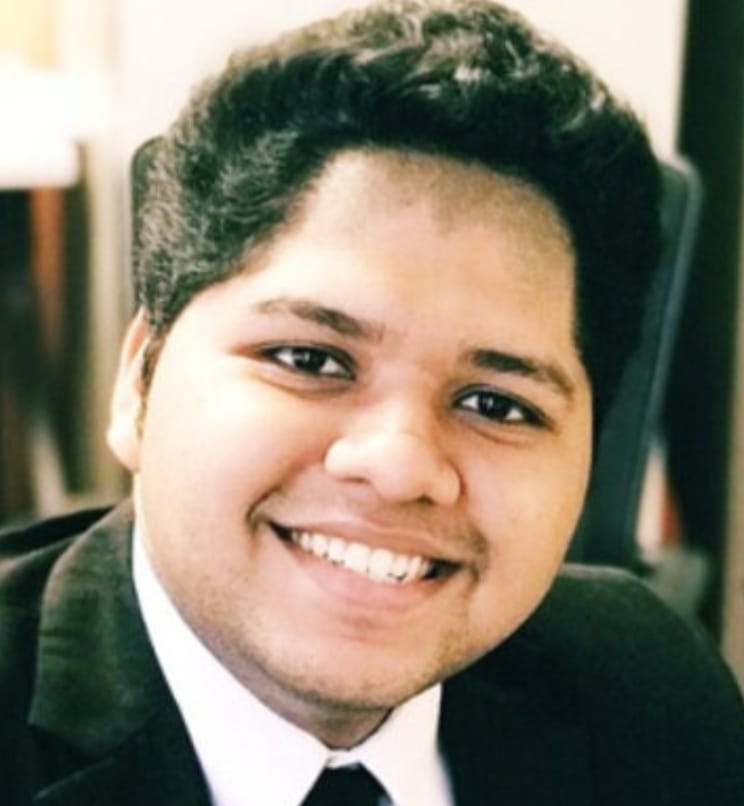 | Presentation: Navigating Identity and Inclusivity: A Hindu Youth’s Perspective on Social Cohesion and Secular Spaces by Mr Shukul Raaj Kumar, Chief Coordinator, Inter-Religious Organisation Youth Wing In this talk, Shukul will explore the intersection of religious identity, secularism, and social cohesion from the perspective of a Hindu youth. Drawing on personal experiences, he will discuss the importance of secular spaces in fostering inclusive communities where individuals of all beliefs can come together. By highlighting the common values shared between Hindu philosophy and humanism, he aims to demonstrate how young people can play a crucial role in bridging religious and secular divides. Through interfaith dialogue and a commitment to inclusivity, we can work together to build a future where diverse identities coexist harmoniously. |
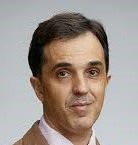 | Presentation: What Kind of Dialogue is there between Atheists and Religious People? by Dr Paul Hedges, Nanyang Technological University Paul will discuss when, where, and how those who identify with religion and those who don’t may find ways to relate and talk. Such encounters can range from the antagonistic to the mutually enriching, depending on the context and participants. He will also suggest that we do not see a necessary huge divide between “atheists” and “religious people”, and thinking in this way may reinforce unhelpful stereotypes. This is not to downplay differences, but may help us see how we all come with worldviews that may be in dialogue with each other in our common spaces and build a deeper coexistence. |
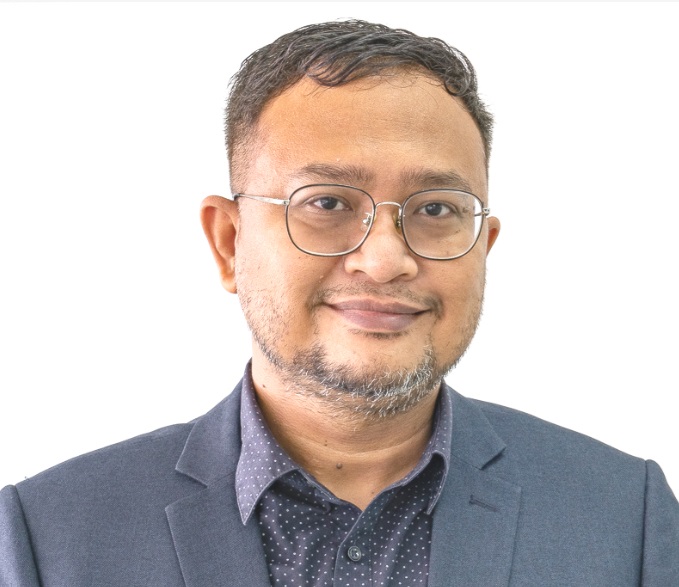 | Presentation: The Shift Toward a Post-Religious Society in Muslim Communities by Mr Mohamed Imran Mohamed Taib, Founding Director, Dialogue Centre In recent times, there has been discussions on the rise of religious identity politics and what accounts for it. Tied to this is the discourse on the post-secular, which arguably has been uncritically adopted into the Asian context. This presentation will highlight a contra observation: the phenomenon of “religious falling out”, as an undercurrent in several Muslim societies. This can be understood as either a rejection of the increasingly reified conception of religion, a disillusionment with organised forms of religion, or a conscious or unconscious protest against the increasing grip of establishment religion. Are we therefore moving into a “post-religious society” where the idea of what it means to be religious is being redefined along with greater individuation? This present will unpack this phenomenon and discuss what it means for the future of Muslim societies. |
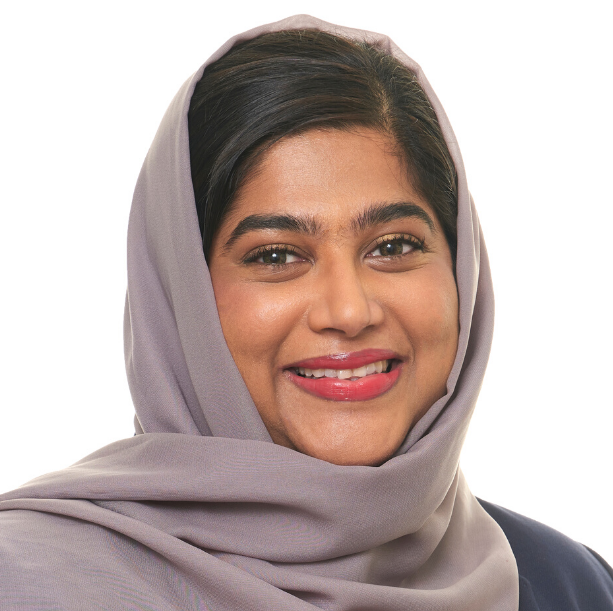 | Presentation: Interfaith Dialogues Between Worldviews by Ms Nazhath Faheema, Founder, Hash.peace Faheema argues that traditional interfaith dialogue should expand to include a wide range of worldviews, including religious, non-religious, secular, and humanist perspectives, to better understand both common ethical principles and conflicting viewpoints. Such an inclusive approach can inspire more meaningful conversations and help bridge divides in our diverse society. |
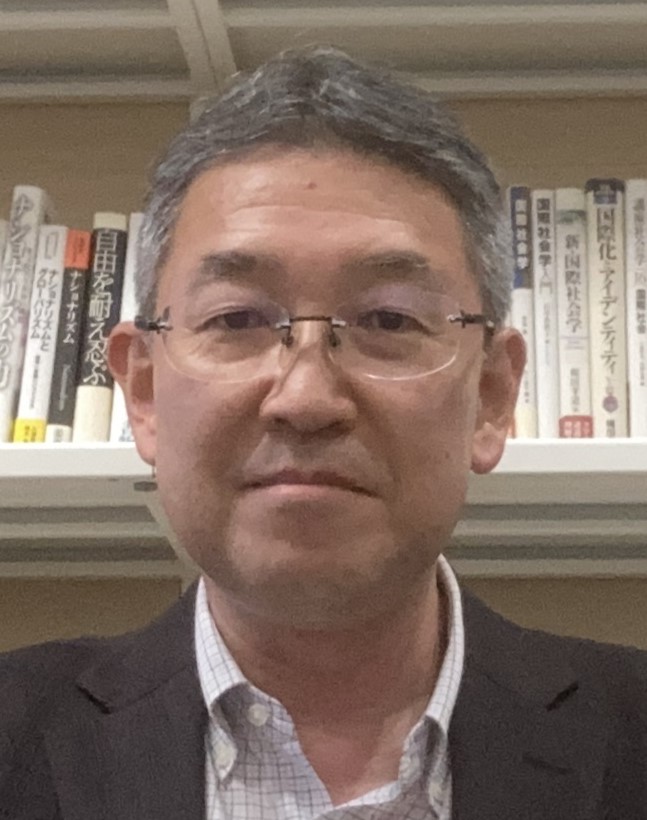 | Presentation: Evaluating Approaches to Interfaith Harmony in Post-9/11 Singapore by Dr Ichioka Takashi, Hosei University Harmonious relationship between ethnic/religious groups is of critical importance in Singapore, a multiethnic/multireligous society. Particularly after 911 terrorist attacks in the United States in 2001 and attempted terrorist attacks by Jemaah Islamiyah in Singpaore in 2001 and 2002, importance of religious harmony has become much more emphasized than ever. Under this context, various types of interfaith activities by various entities have been organised nowadays in Singapore. This paper analyses different approaches of interfaith activities in Singapore. It is observed that interfaith activities have been organised through two different approaches, namely, friendship building and dialogues. Based on the author’s participant observation, the paper will analyse the effectiveness and challenges of each approach and consider the prossible better approach to promote and deepen interfaith relationship in Singapore. |
 | Presentation: Navigating Conservatism and Secularism in Malaysia’s Sociopolitical Landscape by Dr Pepper Lim, Senior Manager, Educator and Author In Malaysia, the dynamic interplay between conservatism and secularism has shaped the nation’s sociopolitical landscape. As a multi-ethnic, multi-religious society, Malaysia is deeply rooted in traditions and religious beliefs that influence its governance, laws, and social norms. This talk explores the tension between conservative forces, which seek to preserve religious and cultural traditions, and the secular ideals that advocate for a governance system free from religious influence. The presentation will delve into the historical development of these opposing ideologies, examining how Malaysia’s colonial past, the rise of political Islam, and the country’s unique demographic makeup have contributed to a predominantly conservative outlook. Key areas of discussion will include the impact of conservatism on freedom of expression, religious pluralism, and the rights of minorities in Malaysia. Furthermore, the talk will address the challenges faced by secularism in Malaysia, particularly in the context of lawmaking, education, and public policy, where religious conservatism often dominates. |
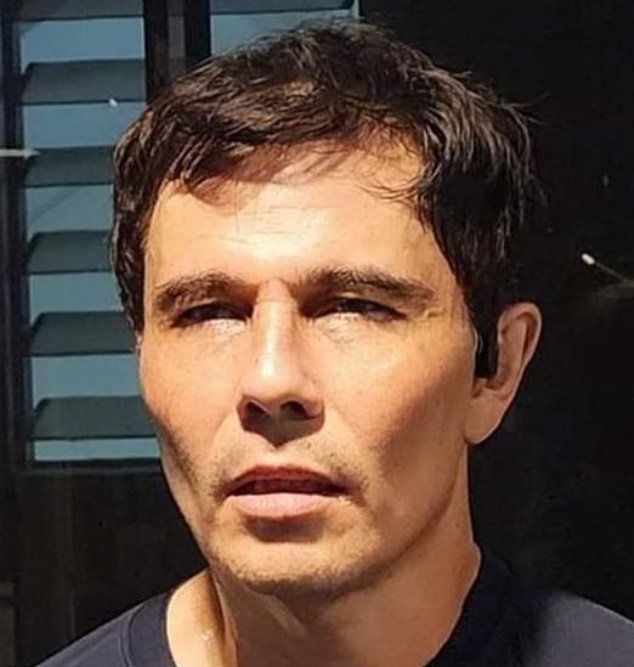 | Presentation: Deliberate Offense-taking and why we should be worried by Mr Paul Tobin, Founder, Humanist Society (Singapore) To be updated. |




